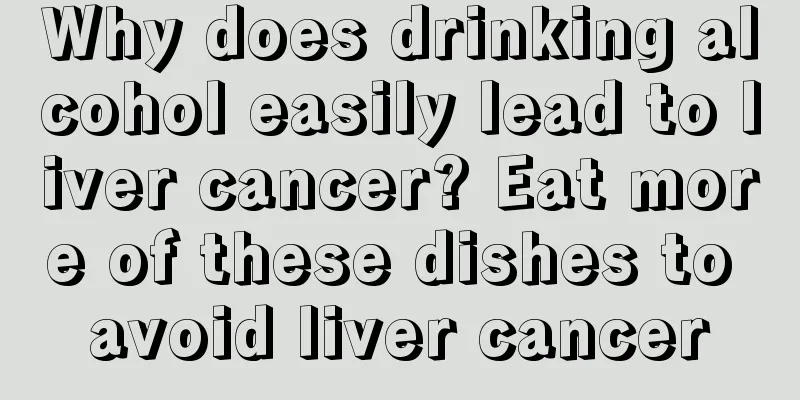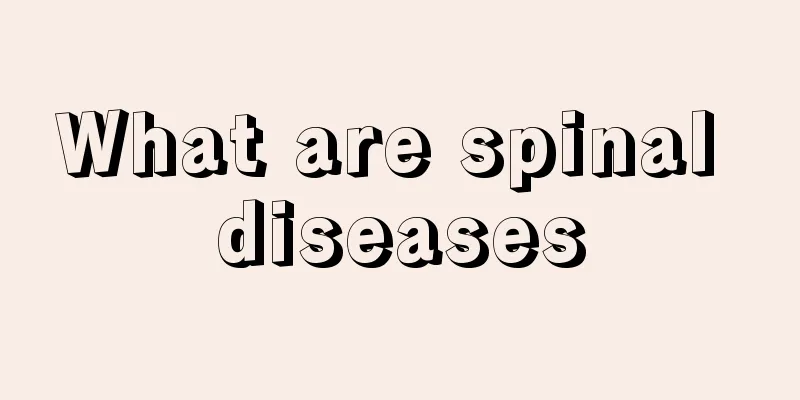If I have a brain tumor, will there be any side effects from chemotherapy?

|
When you have a brain tumor, you will be treated with chemotherapy. Although it can kill the tumor, it will also cause damage to normal cells, so you should know more about the toxic effects of chemical drugs. During chemotherapy, patients should closely observe liver and kidney function and blood counts, observe electrocardiograms at any time, and check blood counts regularly, twice a week. When platelets or white blood cells are significantly reduced, check twice a week to restore blood counts to normal. People over 65 years old should reduce the dosage of medication as appropriate. If bone metastasis occurs, the condition should be closely observed, and patients with severe anemia should correct the anemia problem in time. Are there any side effects of chemotherapy for brain tumors? 7 major side effects should not be underestimated! 1. Suppress bone marrow The most important reaction to chemotherapy is bone marrow suppression. Most granulocytes only survive for 6 to 8 hours, and white blood cells will drop rapidly. The patient's red blood cells and platelets will also drop to varying degrees. 2. Gastrointestinal reactions A few hours after chemotherapy, nausea and vomiting will occur, electrolyte imbalance, dehydration and physical weakness will occur. Drugs not only irritate the intestinal mucosa, but also release certain substances that act on the cerebral cortex. 3. Cause mucositis Mucosal tissue is easily damaged by chemical drugs, the most common of which are esophagitis, stomatitis and gastrointestinal ulcers. Patients feel obvious pain when eating and may even have bloody diarrhea. When the mucosal barrier is damaged, it can also lead to bacterial invasion and infection. 4. Damage to the liver All drugs need to be metabolized in the liver. Chemotherapy will inevitably cause damage or even necrosis to liver cells, leading to a large amount of bile stasis. When chemotherapy drugs damage the liver, transaminase and serum bilirubin will increase significantly. 5. Toxic to the heart and lungs The higher the dose, the higher the toxicity to the heart. Long-term chemotherapy can also cause serious damage to the lungs, but the clinical manifestations of lung toxicity are relatively hidden and develop slowly. In the early stages, patients will experience shortness of breath, coughing, and small bubbling sounds in the lungs. 6. Toxic reaction to nerves Chemotherapy drugs can also cause damage to the nervous system. Early patients will experience decreased or absent tendon reflexes, pain, constipation or diarrhea, and some patients will experience urinary retention and paralytic ileus. When cranial nerves are damaged, facial paralysis may occur, and even hearing loss and tinnitus may occur. 7. Toxic to the skin Some chemotherapy drugs can cause drug allergies in people, resulting in a large number of rashes on the skin, which will disappear as long as the drug is stopped. Severe allergic reactions are prone to occur during chemotherapy in the hospital. |
<<: 8 signs that liver cancer is approaching you!
>>: Cancer is getting younger, is it an environmental problem or a genetic problem?
Recommend
What is the cause of chest tightness, shortness of breath and back pain
People who often feel chest tightness, shortness ...
Itchy on both sides of the anus_Itchy on both sides of the anus
The itching on both sides of the anus is caused b...
What should you pay attention to in your diet to prevent liver cancer? You should pay attention to these foods that are likely to induce liver cancer
In addition to the hepatitis B, C, and D viruses ...
How to use cobra serum
Everyone knows that cobra is a highly poisonous r...
Causes of stomach rumbling
Many people have rumbling stomachs, which makes t...
How to educate children as a parent, ten magic weapons
Children nowadays are different from before. They...
How to prevent and treat Qi stagnation and blood stasis?
What does Qi stagnation and blood stasis mean? Ma...
What is the role of negative ions
We all know that the invention and use of negativ...
Why is my neck swollen and uncomfortable?
Neck pain is very common, and this symptom is clo...
What is the cure rate for nasopharyngeal carcinoma?
What is the cure rate for nasopharyngeal cancer? ...
What should you not eat if you have a Bartholin's gland cyst? You must not touch these four things
What women can't eat after suffering from Bar...
How is breast cancer diagnosed
The diagnosis of breast cancer must be based on h...
What are the ways to unclog blood vessels?
The living standards of modern people have greatl...
Nasal septum deviates to the right
The nasal septum deviates to the right. This dise...
What can I eat to nourish my stomach?
Most people may think that they have only a few m...









